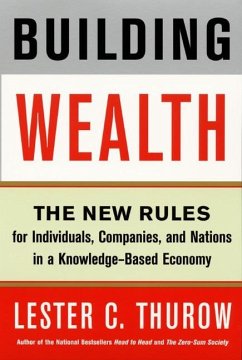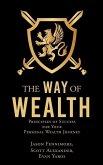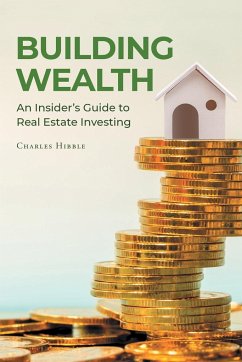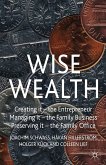There is no doubt that we are in the middle of a transition to a knowledge-based economy. Breakthrough technologies in microelectronics, biotechnology, new materials, telecommunications, robotics, and computers are fundamentally changing the game of creating wealth. While these new industries are growing explosively, existing industries such as banking and retail are being transformed beyond recognition. As a result, a new global economy is emerging to replace existing national economies. What will it take for individuals, companies, and entire countries to succeed in the new economics of the twenty-first century? Rather than focusing on spending, Lester C. Thurow argues that we must emphasize investment in basic knowledge, education, and infrastructure. Only by committing ourselves to building communal wealth can we maximize opportunities for building personal wealth as well. Building Wealth is an indispensable guide to surviving -- and thriving -- in the economies of the twenty-first century.








